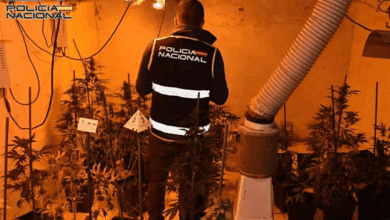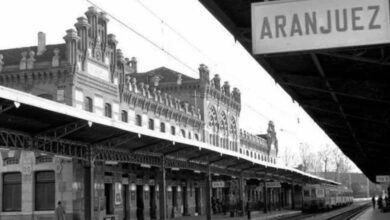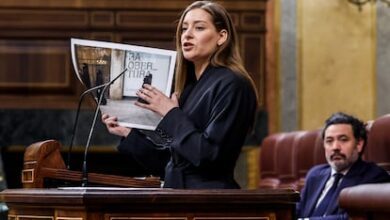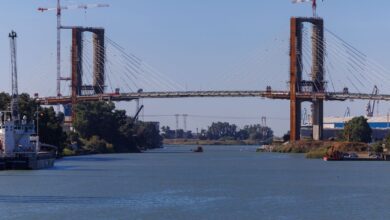
An era has come to an end in Málaga: city authorities have prematurely revoked licenses for horse-drawn carriages. For dozens of horses that had spent years taking tourists through the streets, this decision was life-changing. Some could have continued working in other cities, while others faced the risk of slaughter. But thanks to the efforts of several organizations and caring individuals, sixteen horses were given a chance at a new life.
Among those rescued is Guitarra, a horse who had worked daily in central Málaga since 2007. Joining her at the shelter are Beyoncé, Piopo, Eduardo, Apache, Tana, and Jaleo. They now live at a spacious rehabilitation and rest center near Antequera. Here, on the grounds of an old Andalusian estate, the horses can, for the first time in years, walk freely, rest, and receive the veterinary care they need.
The road to rescue: how the horses were saved
After authorities announced the end of horse-drawn carriage operations, owners were given compensation for each license. But the fate of the animals remained uncertain. Shelter representatives and other activists began talks with the owners to buy the horses and prevent them from being sent to slaughter or transferred to other cities, where conditions could be even worse. Thanks to fundraising efforts and support on social media, most of the horses were purchased and moved to safety.
Some owners showed compassion: they personally came to see where their former charges would live, brought food, and helped with the relocation. But there were also those who did not even want to give up the harness for transportation. Despite the challenges, all the rescued horses are now under the care of professionals.
A New Life: Treatment, Adaptation, and Care
At the shelter, every animal was examined by a veterinarian. Many were found to have chronic illnesses: arthritis, dental problems, infections, and lingering effects of injuries. Some horses had never seen a dentist, and one of them can’t fully close its eye due to an old injury. For example, Gitara suffered from joint pain, having spent years unable even to lie down—there simply wasn’t enough space in her stall.
Young horses who have gone through stress and harsh treatment are still wary of people. Specialists are helping them recover and adjust to their new lives. Older animals can finally just rest and enjoy peace and care.
The Future: Programs for Children and Peaceful Retirement
Ahead of the horses lie different paths. The eldest will remain at the shelter for the rest of their lives, with no duties. The younger and calmer ones will join special programs for children and teenagers facing difficult life situations. These children will receive free horse riding lessons and get to interact with the animals, which helps with rehabilitation and socialization.
Although not all of the horses could be saved—some were still sent to work in other cities—the majority are now safe. Their story is a testament to how collective efforts can change the fate of even the most vulnerable.











